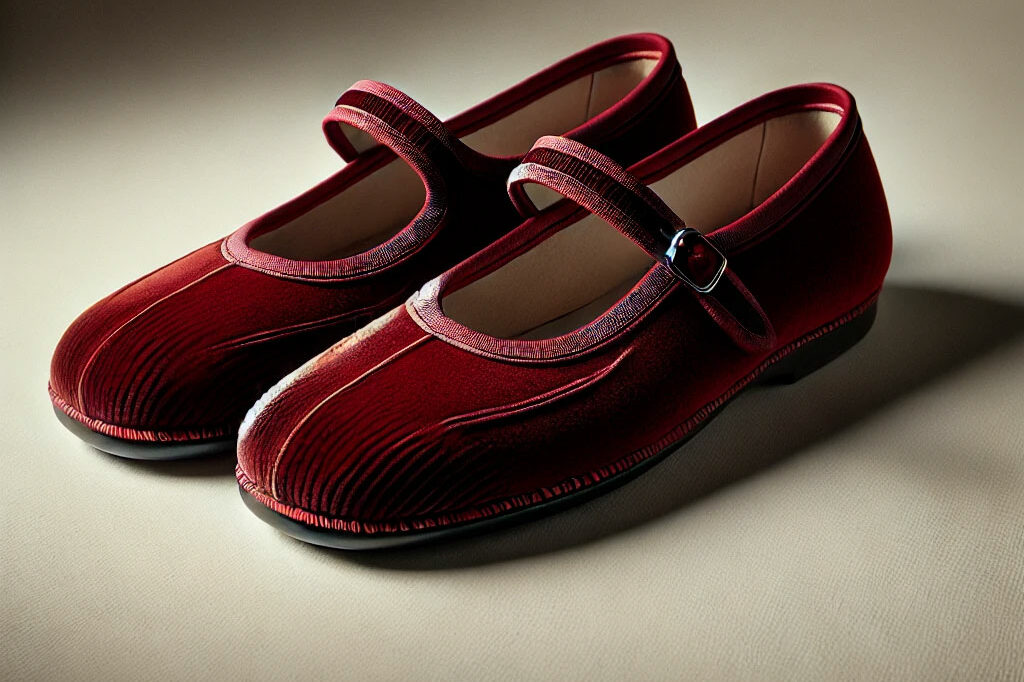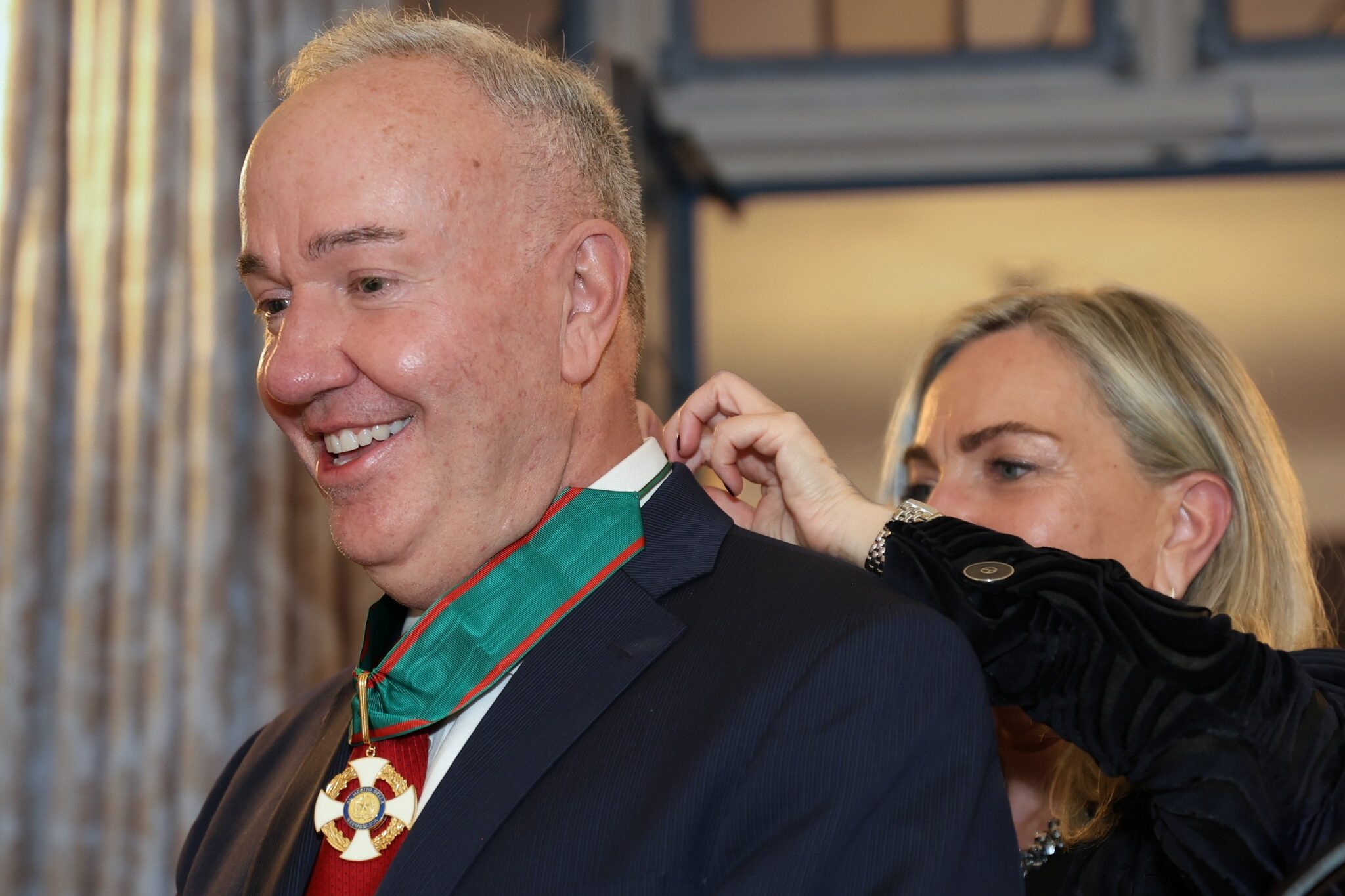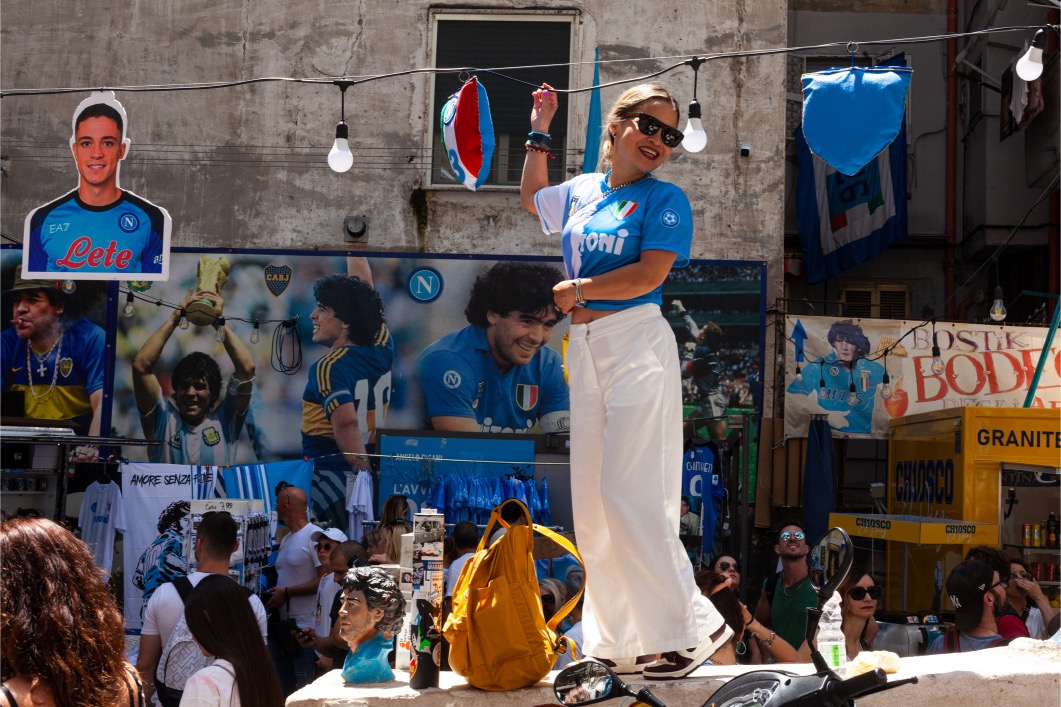When I say ‘clowns,’ what do you think of? Big red noses? Comically over-sized shoes? Balloon animals and small cars with enough trunk space to make Mary Poppins’ duffel bag look like a coin purse?
Ruggero Leoncavallo’s world-famous opera “Pagliacci” paints a very different image of clowns that is in stark contrast to the birthday party entertainers to which we are accustomed. The San Diego Opera launched its 2014 season with its own production of this classic comedia on Jan. 25, starring Frank Porretta as the ill-fated clown Canio.
Originally debuting in Milan in the late 1800s, Pagliacci follows Canio as he spirals rapidly from moderate fame and success to his self-inflicted demise. Reeling from the knowledge that he has passed his prime as an entertainer, Canio is introduced to the audience as an alcoholic actor struggling to reconcile with the fact that his glory days are, in fact, behind him.
His wife, Nedda, has become the star of his traveling show and the object of many men’s desire, including hunchbacked Tonio who – stinging with Nedda’s harsh rejection – sets Canio on a murderous path when he spies her with another man. The opera culminates with Canio stabbing his wife and her lover to death in a jealous rage before taking his own life in front of a stunned audience of Italian villagers, leaving the spurned Tonio as sole survivor to tell the tale.
Andrew Sinclair returned to the San Diego Opera as director of Pagliacci. “It’s a great opera with wonderful music – there’s no doubt about it,” he said in a UCSDTV YouTube mini-documentary on the opera and his role in directing it. When I was talking to Frank Poretta who’s done the role quite a lot – Canio – he said this is the first time he’s played it as dark as this. The more I’ve done it, the darker a story I think it is.”
Yves Abel, returning from his debut season last year with San Diego Opera, said in the same documentary, “As the listener listens, they can really understand the character of Canio and his anger and his disappointment and his feeling of rejection. At the same time, he has to put on a happy face – how tragic is that? That you have to smile and force that smile to entertain so you can put some money in your pocket but deep down behind that smiling face, you’re just torn to shreds.”
Tenor Frank Poretta also returned to the stage in San Diego to resume the role of Canio. A seasoned and accomplished tenor, Porretta originally debuted with the San Diego Opera company in 2002 as the Duke in “Rigoletto” and has since gone on to perform on stages across the country.
“Don’t get me wrong; it’s thrilling to sing ‘Vesti la giubba” but I love the second aria ‘Pagliaccio non sono io” becase he swings through a real gamut of emotions.” Porretta said. “He begins raging and then second verse of that aria, he begins to realize the love that he felt for Nedda…and then the whole thing spins around and he sits down and begins to reminisce…Wow, so much fun. But then…It sours again and [he] turns around, throws her on the ground, it’s just… The track that you run in that is just emotionally really interesting and gives the performer a lot of room to really get into it.”
Rapidly approaching its 50th anniversay next year, San Diego Opera has a full season of operas and special events planned for its audiences. Production is already underway for its next opera – another Italian classic – “Elixir of Love,” set to open Feb. 15 at 7 p.m.






























